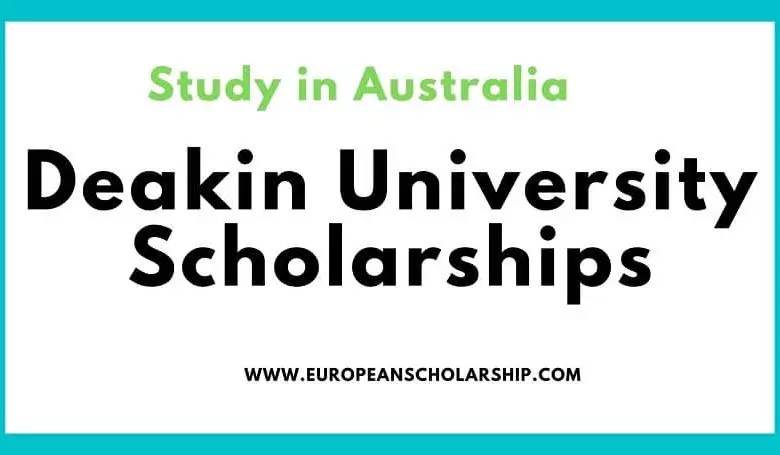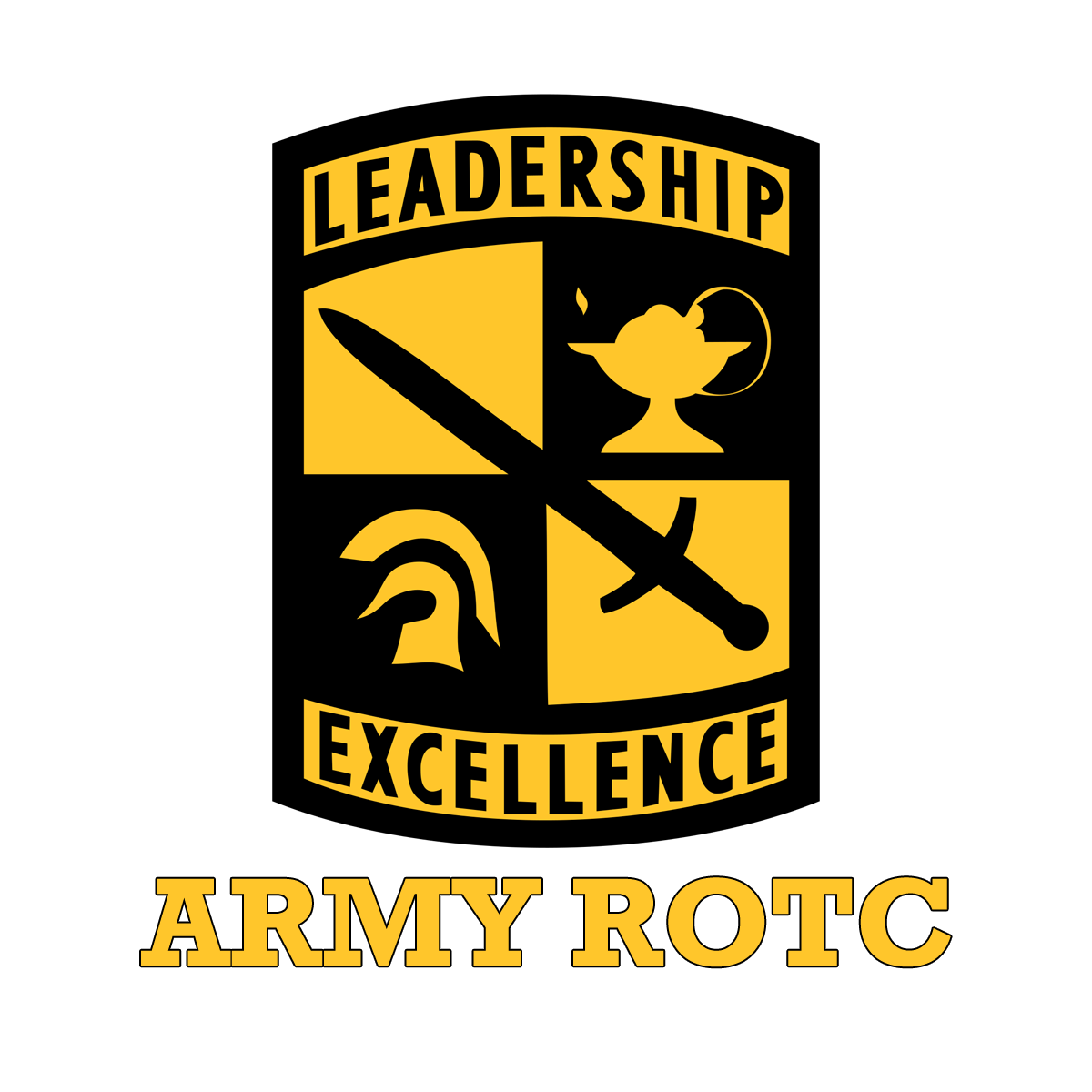Are you dreaming of pursuing a fully funded postgraduate degree in Canada? The Vanier Canada Graduate Scholarships (Vanier CGS) for 2026 might just be your golden opportunity. Offering $50,000 per year for up to three years, this prestigious scholarship supports world-class doctoral students in fields including health research, natural sciences, engineering, and social sciences.
This guide walks you through every step you need to take to secure both admission and the Vanier CGS, using Environmental Engineering as a study example.
What Is the Vanier Canada Graduate Scholarship?
Established by the Canadian Government, the Vanier CGS aims to attract and retain top-tier doctoral students by supporting their academic excellence, research potential, and leadership skills. It is open to both Canadian and international students who wish to pursue a PhD or combined degree programs (such as MD/PhD, JD/PhD).
Key Benefits
- Funding Amount: $50,000/year for three years
- Covers: Tuition, living expenses, and research costs
- Duration: 3 years (non-renewable)
- Host Institutions: All eligible Canadian universities
- Fields of Study:
- Health research
- Natural sciences and engineering
- Social sciences and humanities
Eligibility Criteria
To qualify for the Vanier CGS in 2026, applicants must:
- Be nominated by only one Canadian institution with a Vanier quota
- Be pursuing their first doctoral degree (or combined graduate research program)
- Have achieved a first-class average (as per the host institution’s grading scale)
- Not have completed more than 20 months of doctoral studies as of May 1, 2026
- Demonstrate strong academic, research, and leadership potential
Step-by-Step Guide to Securing the Vanier CGS (Illustration: Environmental Engineering)
Step 1: Research Eligible Universities and Programs
Identify Canadian universities with Vanier nomination quotas. For Environmental Engineering, universities like the University of British Columbia, University of Toronto, and McGill University are excellent options.
Visit their official websites and locate Environmental Engineering PhD programs.
Step 2: Find a Supervisor
Professors play a crucial role in the nomination process. Look for faculty members whose research aligns with your interests. Email them with a brief introduction, your CV, and a well-articulated research proposal.
Your proposal could focus on sustainable water treatment technologies, a hot topic in Environmental Engineering.
Step 3: Secure Admission
Apply to your chosen university’s PhD program. Application requirements typically include:
- Academic transcripts
- Statement of Intent
- CV/Resume
- Research Proposal
- Letters of Recommendation
- Proof of English or French proficiency (e.g., IELTS, TOEFL)
Ensure you meet the internal deadlines for both admission and Vanier nomination. These are usually earlier than the national Vanier deadline.
Step 4: Get Nominated by the Institution
Once admitted, the university must nominate you for the Vanier CGS. They will assess your application based on:
- Academic Excellence
- Research Potential
- Leadership and Volunteer Experience
Work closely with your supervisor and graduate program coordinator to ensure your application stands out.
Step 5: Submit the Vanier Application
Use the ResearchNet portal to submit your complete application, including:
- Academic CV
- Research contributions
- Personal Leadership Statement
- Research Proposal (max. 2 pages)
- Project references
- Referee assessments (3 letters)
The national deadline is typically November 1, but check your institution’s internal deadlines, which may fall in August or September.
Admission Requirements for International Students
To study in Canada, international students must also:
- Obtain a Canadian study permit (visa)
- Provide proof of sufficient funds
- Pass language proficiency tests
- Purchase health insurance
Having a scholarship like Vanier helps expedite visa processing, as it demonstrates financial solvency.
Tips for a Successful Application
- Start Early: Begin preparing your materials at least 6 months before deadlines.
- Polish Your Research Proposal: Be clear, concise, and innovative.
- Showcase Leadership: Include volunteer work, teaching experience, and community service.
- Customize Your Documents: Tailor each section to align with Vanier’s evaluation criteria.
- Seek Feedback: Have multiple mentors review your application before submission.
Other Important Considerations
- Language of Study: Most programs are taught in English; French options are available in Quebec and select institutions.
- Living Expenses: While Vanier covers tuition and living costs, it’s wise to plan a monthly budget.
- Post-Graduation Opportunities: Canada offers a Post-Graduation Work Permit (PGWP), which allows you to work for up to 3 years after graduation.
Timeline Overview (Vanier CGS 2026)
| Month | Action |
|---|---|
| March – May 2025 | Contact potential supervisors & shortlist programs |
| June – August 2025 | Submit PhD program applications |
| August – Sept 2025 | Internal nomination by university |
| Oct 2025 | Finalize and submit Vanier application |
| April 2026 | Scholarship results announced |
| Sept 2026 | Begin PhD program in Canada |
Final Thoughts
The Vanier Canada Graduate Scholarship 2026 is a life-changing opportunity for academically strong, research-driven, and community-minded students. If you are passionate about a subject like Environmental Engineering and aspire to contribute to global solutions, now is the time to start preparing.
Canada offers not only world-class education but also a welcoming multicultural society, robust research funding, and vibrant career opportunities. Make the Vanier CGS your launchpad to an extraordinary future.
Ready to begin your journey? Start contacting professors today and take the first step toward securing the Vanier Canada Graduate Scholarship 2026.

